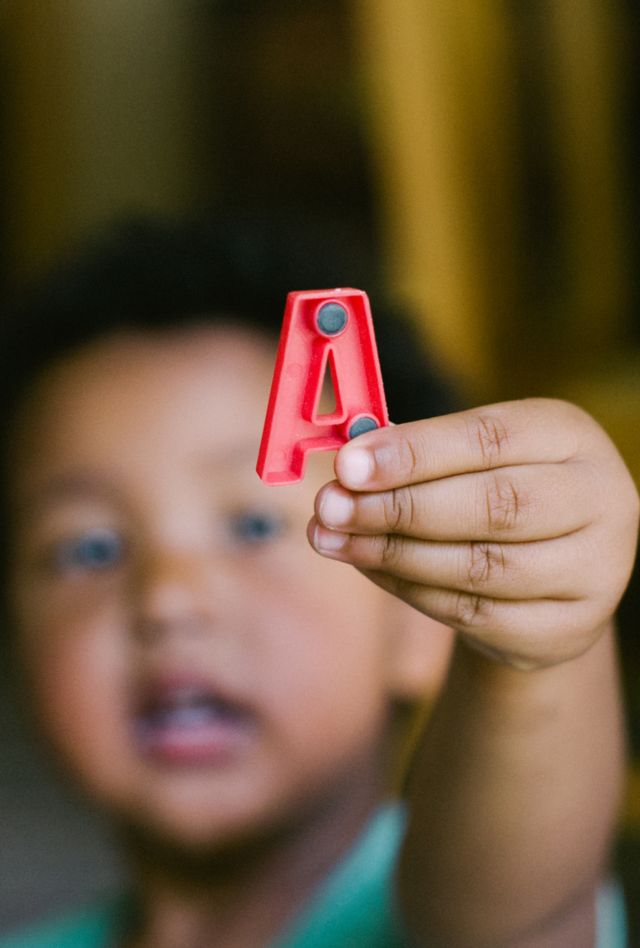Getting on Track: Improving Pre-K Outcomes

Problem
Children suffer when their lack of readiness for grade school isn’t identified early.
Research shows that the more skilled pre-kindergarten children are in oral language, the better they’ll do in reading comprehension and writing once they get to kindergarten and grade school. The same holds true for ability and later performance in math. Often, however, these critical skills are not emphasized in preschool programs. Nor do teachers have an accurate way to measure children’s progress to detect who needs one-on-one help to get on track.
Solution
NORC developed a reliable tool that indicates when extra individual attention is needed.
NORC at the University of Chicago worked closely with education researchers and practitioners from UChicago to develop reliable, relevant, and easy tools to measure each child’s language and math abilities. With early funding that included grants from the Foundation for Child Development, the Kellogg Foundation, and the Annie E. Casey Foundation, we conducted randomized control testing to prove the validity and effectiveness of the assessments. Together with our UChicago colleagues, we also proved that, with timely and tailored instruction, these skills could be learned in preschool, when children’s brains are highly malleable.
Result
Children can catch up to grade level while there’s still time.
Our assessment app, which a teacher can use on a tablet, shows how each student, including bilingual English-Spanish speakers, is doing in math and spatial concepts, language, and literacy. Repeated regularly throughout the year, the assessments can track proficiency, giving teachers a cue when they need to change lesson plans to lift student comprehension. The pilot assessed thousands of preschoolers in three states, with the goal of scaling to many more preschool programs.
Related Tags
Project Leads
-
Stephen W. Raudenbush
Senior FellowPrincipal Investigator -
Marc Hernandez
Associate DirectorSenior Staff









